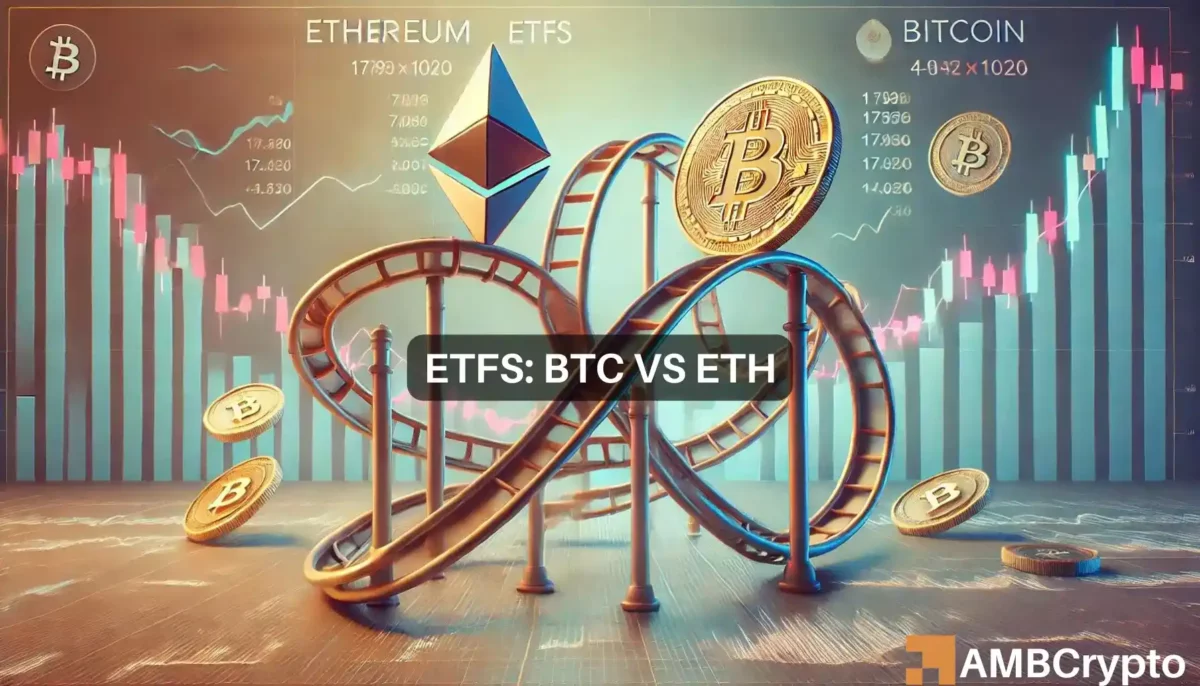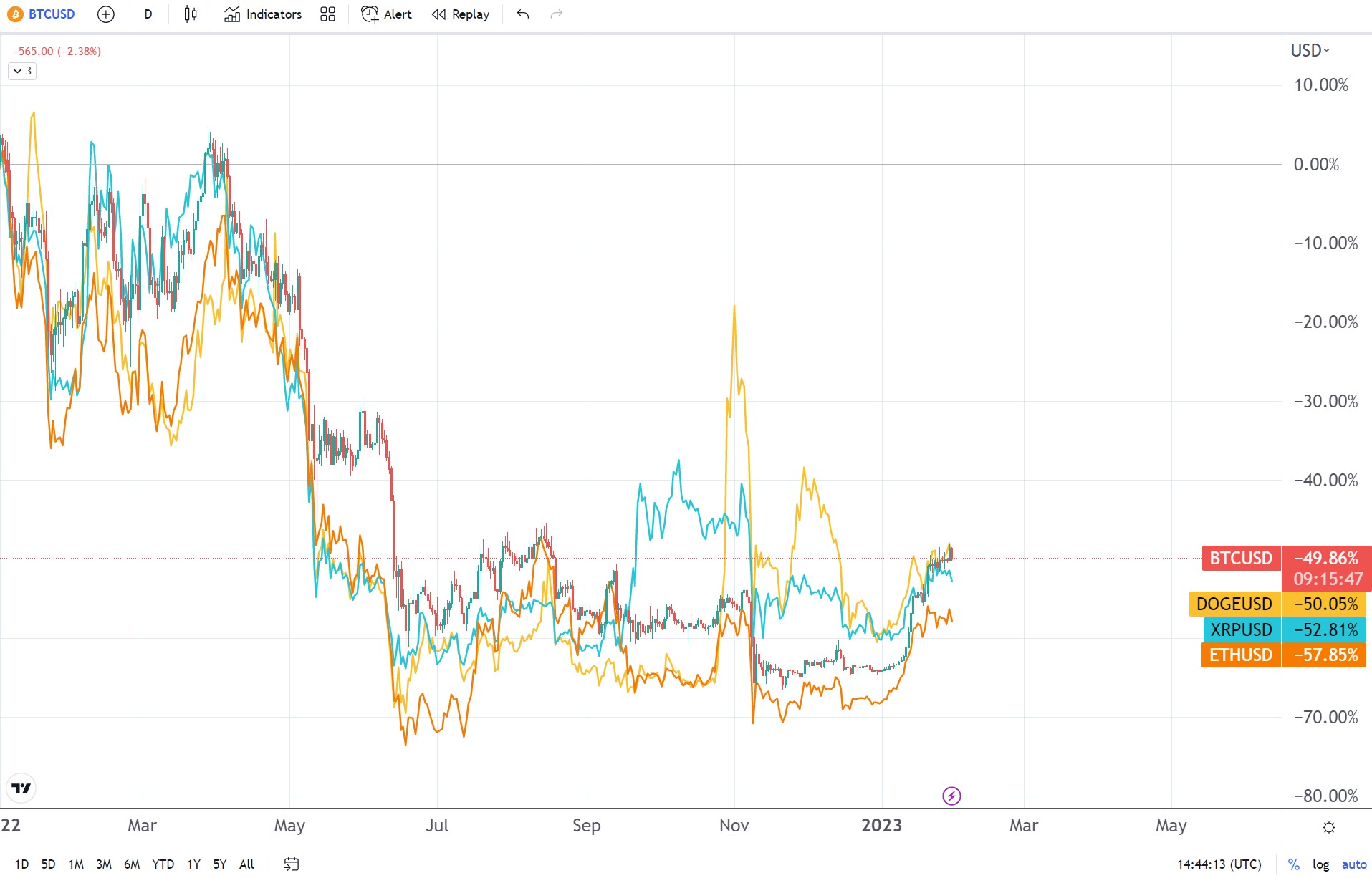Blockchain And Ethereum Smart Contract Solution Development Pdf
As blockchain and ethereum smart contract solution development pdf takes center stage, this opening passage beckons readers into a world crafted with good knowledge, ensuring a reading experience that is both absorbing and distinctly original.
Blockchain technology has revolutionized various industries by providing decentralized solutions that enhance transparency and security. Ethereum, as a leading platform, expands the potential of blockchain through its innovative smart contracts. These self-executing contracts automate processes, reducing reliance on intermediaries and enabling seamless transactions. The importance of understanding this technology in the current digital landscape cannot be overstated, as it paves the way for future innovations and efficiencies.
Introduction to Blockchain Technology
Blockchain technology has revolutionized the way we think about secure transactions and data management. At its core, blockchain is a decentralized ledger that securely records transactions across multiple computers. This fundamental principle ensures that the data cannot be altered retroactively without the consent of the network, promoting transparency and trust.Decentralization plays a pivotal role in blockchain systems, as it eliminates the need for a central authority, allowing users to interact directly with one another.
This aspect not only enhances security but also empowers individuals by providing them with more control over their data. Across various industries, blockchain demonstrates significant potential, from finance and healthcare to supply chain and real estate. Use cases include secure digital identities, cross-border payments, and tamper-proof record-keeping, illustrating its diverse applications.
Overview of Ethereum

Ethereum, proposed by Vitalik Buterin in late 2013 and officially launched in 2015, is a blockchain platform designed to enable developers to build decentralized applications (DApps). Its development was motivated by the need for a platform that facilitates not just transactions but also complex programmable agreements known as smart contracts.What sets Ethereum apart from other blockchain platforms is its robust ecosystem, characterized by features such as a Turing-complete programming language (Solidity), a vibrant community, and the capabilities of issuing tokens through its ERC standards.
Ether (ETH), the native cryptocurrency of the Ethereum network, functions as both a medium of exchange and a means to facilitate transactions and computational services within the network.
Smart Contracts: Definition and Functionality

Smart contracts are self-executing contracts with the terms of the agreement directly written into code. On the Ethereum network, these contracts run on the blockchain, ensuring automated execution and enforcement without intermediaries. They streamline processes, reduce the risk of human error, and enhance efficiency.The advantages of using smart contracts over traditional contracts include increased transparency, reduced costs, and faster transaction speeds.
However, they are not without limitations; challenges such as coding errors, legal recognition, and potential vulnerabilities pose risks that developers must navigate.
Development of Smart Contracts on Ethereum
To develop smart contracts on Ethereum, developers primarily use the Solidity programming language, which is specifically designed for this purpose. Writing a basic smart contract involves defining its structure, functions, and how it interacts with the Ethereum network.A step-by-step guide to writing a basic smart contract includes:
- Set up a development environment using tools like Remix IDE.
- Define the contract structure, including variables and functions.
- Implement the logic for executing the contract’s functions.
- Test the contract using a testing framework before deployment.
The deployment process entails compiling the smart contract, deploying it to the blockchain, and interacting with it through transactions or function calls.
Tools and Frameworks for Smart Contract Development
A variety of tools and frameworks facilitate the development of Ethereum smart contracts. Among the most popular are Truffle Suite and Remix IDE, which provide developers with the necessary resources to build, test, and deploy contracts efficiently.Truffle Suite streamlines the development process by offering a suite of tools for testing and deploying contracts. It enables automatic migration of contracts to the blockchain and integrates with various testing frameworks.
On the other hand, Remix IDE is a browser-based tool that allows developers to write, compile, and test smart contracts in real time, making it an excellent choice for beginners and experienced developers alike.
Security Considerations in Smart Contract Development
Ensuring the security of Ethereum smart contracts is paramount, as vulnerabilities can lead to significant financial losses. Common security vulnerabilities include reentrancy attacks, integer overflows/underflows, and improper access controls, which can compromise contract integrity.To mitigate these risks, developers should adhere to best practices such as thorough testing, using established design patterns, and conducting audits. Various auditing tools, like MythX and Slither, can analyze smart contracts for vulnerabilities, helping to enhance their security before deployment.
Case Studies of Successful Smart Contract Implementations
Numerous projects have successfully leveraged Ethereum smart contracts to drive innovation across industries. For instance, projects like CryptoKitties, a blockchain-based game, showcased how smart contracts can enable digital collectibles. Similarly, DeFi platforms like Uniswap have transformed the financial landscape by providing decentralized trading solutions.These implementations have significantly impacted their respective industries, demonstrating the potential of smart contracts to create new business models and enhance operational efficiencies.
Lessons learned from these case studies highlight the importance of rigorous testing and security practices in smart contract development.
Future Trends in Blockchain and Smart Contract Development
The future of blockchain and smart contract development looks promising, with emerging technologies such as Layer 2 scaling solutions and cross-chain interoperability poised to enhance blockchain capabilities. These advancements may enable faster transaction speeds and lower costs, further driving adoption.The evolution of smart contracts is also likely to bring about more sophisticated functionalities, such as enhanced privacy features and integration with artificial intelligence.
As Ethereum continues to develop, predictions suggest that its ecosystem will expand, fostering greater innovation and collaboration among developers and businesses.
Resources for Learning and Development

For those interested in diving deeper into blockchain and Ethereum, a plethora of educational resources is available. Online platforms like Coursera, Udacity, and edX offer courses on blockchain technology and smart contract development, catering to various skill levels.Certification programs, such as those by ConsenSys Academy, provide structured learning paths for aspiring blockchain developers. Additionally, community forums like Ethereum Stack Exchange and Reddit’s r/ethereum serve as valuable networks for developers to share knowledge, ask questions, and collaborate on projects.
Summary
In summary, the exploration of blockchain and Ethereum smart contract development reveals a transformative landscape filled with potential. As we embrace these advancements, it becomes crucial to stay informed and engaged with emerging trends and best practices. This journey not only enhances our understanding of technology but also prepares us for a future where blockchain could become integral to various sectors, reinforcing its importance in our digital economy.
FAQ Compilation
What is a smart contract?
A smart contract is a self-executing contract with the terms of the agreement directly written into code, allowing it to automate processes on the blockchain.
How do I start developing smart contracts on Ethereum?
To start developing smart contracts on Ethereum, you can use programming languages like Solidity, along with tools like Truffle and Remix IDE for coding and deployment.
What are common security issues in smart contracts?
Common security issues include reentrancy attacks, gas limit vulnerabilities, and improper access control, which can lead to significant financial losses.
Can I audit my smart contract?
Yes, auditing is highly recommended, and you can use various auditing tools or hire professional auditors to ensure your smart contracts are secure.
What future trends should I be aware of in blockchain development?
Future trends include the integration of AI with blockchain, advancements in interoperability, and the rise of decentralized finance (DeFi) platforms.


